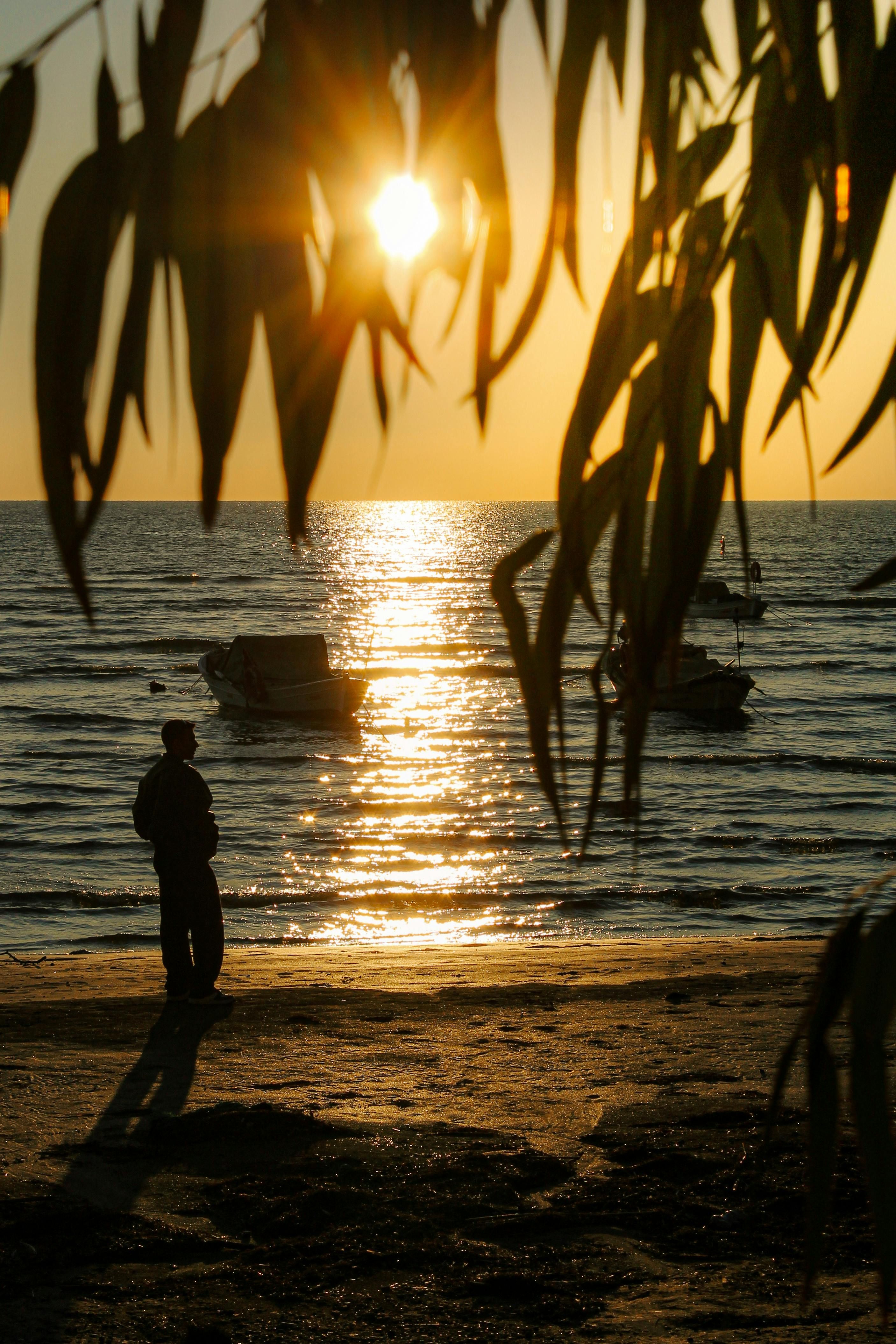German Vessel Attacked in Red Sea Strait
In a shocking turn of events, a German container ship identified as the 370-meter-long "Al-Jasrah," completed in 2016, was attacked in the Red Sea. The British Maritime Transportation Office (UKMTO) confirmed the attack, which occurred near the Bab al-Mandeb strait between Yemen and Djibouti. This area has witnessed several attacks by Houthi rebels in the past.
The maritime security company Ambrey reported a fire on the ship following the attack, which took place north of the port city of Mocha. According to their account, a container fell into the sea, and the damage was reported by radio. However, Hapag-Lloyd, the shipping company operating the "Al-Jasrah," did not confirm the loss of a container to AFP. The ship was reportedly en route from the Greek port of Piraeus to Singapore at the time of the incident.
Despite the attack, there were no reported casualties, and the ship continued its journey towards Singapore. This incident adds to a series of attacks by Houthi rebels on merchant vessels in the region. The Houthi militia in Yemen has been targeting ships in the Red Sea since the conflict with Israel and the radical Islamic Hamas.
Recent actions by the Houthi militants in Yemen have raised concerns worldwide. The United States National Security Advisor, Jake Sullivan, accused Iran of being behind the attacks. He stated, "The Houthis pull the trigger, they get the weapon from Iran." During a visit to Tel Aviv, he stressed that the container ship sailing under the Liberian flag was the "Al-Jasrah," which was built in 2016.
The Houthi rebels, who see themselves as part of the "Axis of Resistance" against Israel, have been accused of indiscriminate attacks on vessels in the Red Sea. Hapag-Lloyd, which has offices in Israeli ports such as Ashdod, Tel Aviv, and Haifa, has been impacted by these actions.
Germany's Foreign Minister, Annalena Baerbock, strongly condemned the attacks on ships and their potential impact on international shipping and freedom of trade routes. She stated, "The Houthi attacks on civilian merchant ships in the Red Sea must stop immediately."
In response to the increasing threats in the region, shipping company Maersk has temporarily suspended its voyages through the Bab-el-Mandeb Strait. Major powers like the United States have requested support from countries like Germany to strengthen security measures for shipping in the Red Sea. Currently, British, French, and US vessels are patrolling the region and have already intercepted several missiles.
The Bab al-Mandeb strait is a critical maritime passage, connecting the Red Sea with the Gulf of Aden and the Indian Ocean. Around 40% of the world's international cargo shipments pass through the region, making it a vital global trade route.
This article is part of our ongoing coverage of global events, providing insight into international affairs, politics, and economics. Stay tuned for more updates.
Related Content:
Enrichment Data:
The recent attacks on container ships in the Red Sea are primarily caused by the Houthi militant group in Yemen, which has been targeting vessels in retaliation for the Israel-Hamas conflict. Here is the context and details of the attacks:
- Houthi Militant Actions: The Houthi movement, backed by Iran, began attacking merchant and naval vessels in the Red Sea in October 2023. This escalation was in response to the Gaza war and the Iran-Israel proxy conflict. The group declared that any ship linked to Israel, including those from the U.S. and U.K., would be targeted, but they have also indiscriminately attacked ships from many nations with no connection to Israel[4][3].
- Specific Attacks: The attacks have been widespread, with over 60 vessels targeted between October 2023 and March 2024. This has led to hundreds of commercial vessels being rerouted around South Africa to avoid the Red Sea[4]. Specific incidents include:
- The Hapag-Lloyd container ship MV Al Jasrah was hit by an aerial projectile while navigating the Bab Al Mandab Strait, causing a container to fall overboard and a fire on deck[2].
- The MSC Alanya had to perform evasive maneuvers near Yemeni waters, narrowly avoiding a missile attack[2].
- The MV Maersk Gibraltar narrowly escaped a missile attack near Yemen, marking one of several aggressive actions by the Houthi forces against merchant vessels in the region[2].
- The MV Ruen, a bulk carrier owned by Bulgarian shipowner Navibulgar, was boarded in an attack reminiscent of Somali pirate tactics, with the crew retreating to the ship’s citadel[2].
- Houthi Pledge and Doubts: Despite the Houthi pledge to limit attacks to Israeli vessels, there is significant doubt about their ability to accurately distinguish between ships. The group has incorrectly labeled vessels as "Israeli" based on inaccurate data, leading to continued caution from shipping companies and insurance providers[3].
- Military Response: The Houthi attacks have drawn a military response from several countries, including the United States and the United Kingdom. The U.S. and U.K. have led coalition air and missile strikes against the Houthis, while other countries are independently patrolling the waters near Yemen to protect merchant shipping[4].
- Impact on Shipping: The attacks have led to changes in trade routes, with many ships diverting around the Cape of Good Hope, adding 14 extra days to their journey. This has resulted in a spike in container rates and increased insurance premiums for maritime operators[1][2].








